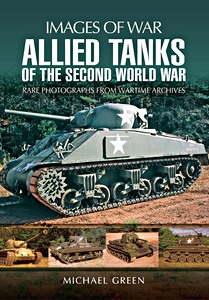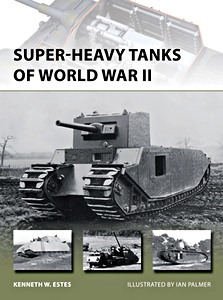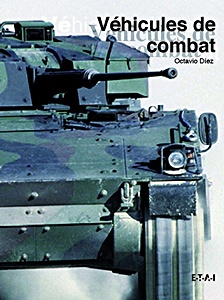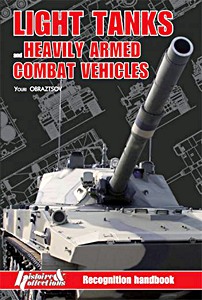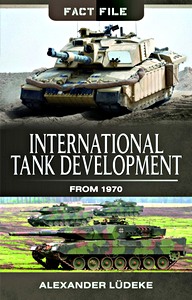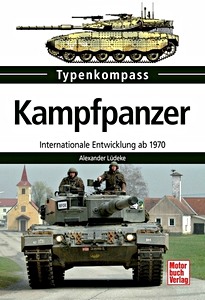Allied Armoured Fighting Vehicles of the Second World War - Rare Photographs from Wartime Archives (Images of War)
Expert author Michael Green has compiled a full inventory of the armoured fighting vehicles developed and deployed by the Allied armies during the six year war against Nazi Germany and her Axis partners. Tank destroyers included the US Armys M18 Hellcat and M36 Jackson, the British Archer and Achilles and the Soviets SU-85, SU-100 and SU-122. Self-propelled artillery vehicles provide indirect fire support.
Examples of these were the British Bishop and Sexton, the US M7 Army Priest and The Red Armys SU-152 Beast Slayer. For reconnaissance the Allies fielded armoured cars and scout cars such as the Daimler Dingo, the US M8 Greyhound and T17 Staghound, and the Russian BA-10, -20 and -64. AFVs such as the British full tracked Universal Carrier and US M3 halftracks were fitted with a range of weapon systems, such as mortars or machine guns.
All these and many more AFVs are expertly described in words and captioned images in this comprehensive work which is the companion volume to the authors Allied Tanks of the Second World War.
Caractéristiques
| Auteur : | Michael Green |
|---|---|
| Présentation : | 200 pages, 24.5 x 19 x 1.2 cm, broché |
| Illustration : | 250 photos en N&B et couleurs |
| Editeur : | Pen & Sword Books Ltd (GB, 2017) |
| Série : | Images of War |
| ISBN : | 9781473872370 |
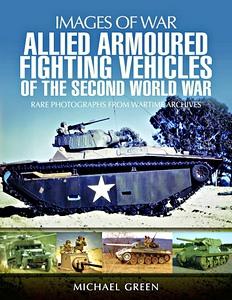
Allied Armoured Fighting Vehicles of the Second World War - Rare Photographs from Wartime Archives
Langue : anglais
Disponible sur Amazon - paiement sécurisé et livraison rapide
Acheter sur Amazon FRAcheter sur Amazon BE
Acheter sur Amazon CA

